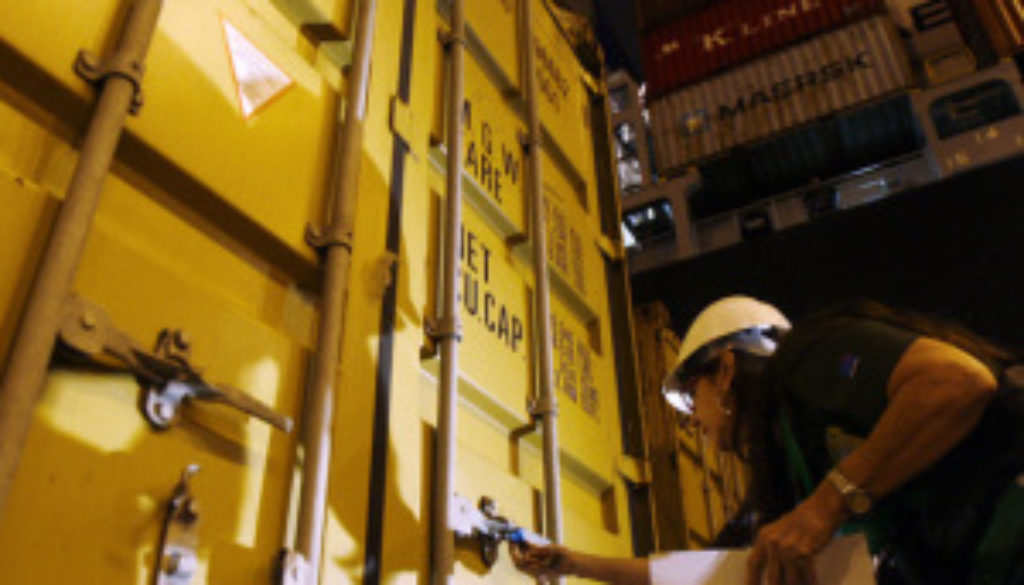Free Trade and Regulation: Making Both Better
by Edward Alden
Freer trade and effective government regulation have been seen by many critics as antithetical. In “Better Regulation for Freer Trade”, a Policy Innovation Memorandum released today by the Renewing America initiative, Thomas J. Bollyky argues that this is a false choice. Opponents of new trade rules warn that giving governments, or worse corporations, the power to challenge national regulations that interfere with the movement of goods could trigger a “race to the bottom” in which nations would be forced to degrade environmental, health and safety laws to abide by trade rules. Bollyky argues that instead, progress on trade and effective regulation of products are “mutually dependent.”
The issue is again coming to the top of the international trade agenda. The United States and the European Union are considering the launch of bilateral free trade negotiations, and the issue of what to do over divergent – or unnecessarily duplicative — consumer and environmental protection standards will be perhaps the toughest issue in the negotiations. The long-standing trans-Atlantic dispute over the safety of genetically-modified organisms in food crops is only one of a long list of issues.
Similarly, in the Trans-Pacific Partnership talks linking the United States to many Asian economies, improved regulatory coherence is a major U.S. goal. Those negotiations resume with a 13th round in San Diego in early July. Bollyky urges the United States to use the TPP and other regional negotiations to drive the adoption of international standards, with reporting requirements that would hold countries accountable even as enforcement of standards and regulations remains entirely within national authority. He notes that trade agreements that have adopted these models have produced a nearly 8 percent rise in trade flows among members.
Like commerce, Bollyky writes, regulatory problems have increasingly jumped national boundaries, and international cooperation is needed not just to facilitate trade and development, but to protect health and safety as products criss-cross borders. The recalls five years ago involving imports of Chinese toys, toothpaste and tires show how quickly poorly inspected products can become major public health concerns.

